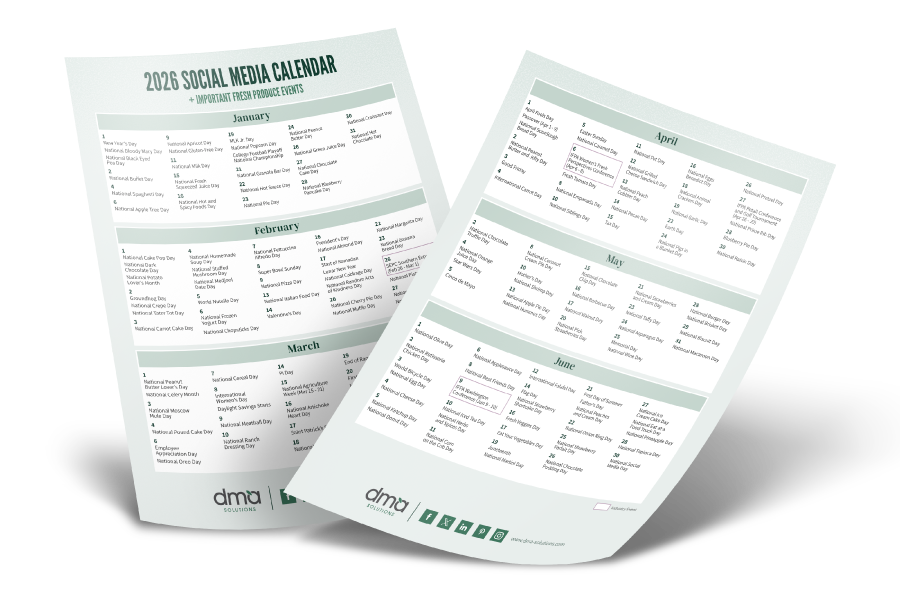In a previous post, I explored some of the most common punctuation mistakes marketing copywriters make. In this installment of the series, let’s tackle some thorny grammar issues.
What Even IS a Subjunctive Verb? The Secret Lies in Fiddler On The Roof
Are any of you Core subscribers also theatre buffs, by chance? (We know at least one very special NYU-bound summer intern who is!) Even if you don’t habitually recite Mercutio’s monologues at your leisure, you are probably familiar with a little song that goes something like this:
“If I were a rich man,
Ya ha deedle deedle, bubba bubba deedle deedle dum.
All day long I’d biddy biddy bum.
If I were a wealthy man.
I wouldn’t have to work hard.
Ya ha deedle deedle, bubba bubba deedle deedle dum.
If I were a biddy biddy rich,
Yidle-diddle-didle-didle man.”
But back to grammar. If you have ever had trouble remembering when to use “were” and when to use “was” (ex. “if I were” vs. “if I was”), Tevye’s chorus will be your saving grace. We use the subjunctive verb “were” when discussing hypothetical situations:
- “I wish I were able to imitate chickens as impressively as Tevye.”
- “If I were older, maybe I would even have a beard like his!”
- “He speaks as if he were actually knowledgeable about a lavish lifestyle.”
“Was,” on the other hand, is used when discussing facts:
- “He was always late for the Sabbath—much to the annoyance of his wife Golda.”
Modifiers Resurrected
After completing high school English, many people believe they can kiss sentence diagrams goodbye forever. However, if I had to pinpoint the most common copywriting mistake marketers make, sprinkling in misplaced modifiers would definitely be in the running.
Modifier: any word, phrase, or clause that describes another word, phrase, or clause
Modifiers provide context and rich detail to your sentences, but when done wrong—or included too far from the noun or verb they modify—modifiers can get confusing in a hurry.
For example:
- “The farmers sold their artichokes to the retailers before they started molding.”
- “Before they started molding, the farmers sold their artichokes to the retailers.”
…so if your growers or buyers have begun to mold, we really need to have a talk about your supply chain relationships. While common sense is helpful here, we have no actual way of knowing who or what is doing the molding given the sentences above, which is unfortunate. In this case, we’d be better off isolating the modifier and adding some clarification: “The farmers sold the artichokes—before the latter started molding—to the retailers.”
Dangling modifiers—meaning a class of misplaced modifier that occurs when a writer inadvertently omits the word(s) the modifier should be modifying—commonly happen during the editing process, particularly after writers rearrange sentence structure and reduce word count.
For example:
- “While running through the groves, my shoe fell off.”
We can probably guess that I was the one running through the groves (as opposed to a sentient autonomous shoe), but that fact wasn’t explicitly stated, either. Instead, we should say:
- “While I was running through the groves, my shoe fell off.”
Here are some other gems, courtesy of the University of Wisconsin-Madison writing center:
- “Oozing slowly across the floor, Marvin watched the salad dressing.”
- “She handed out brownies to the children stored in tupperware.”
- “He held the umbrella over Janet’s head that he got from Delta Airlines.”
- “With his tail held high, my father led his prize poodle around the arena.”
- “He wore a straw hat on his head, which was obviously too small.”
Tiny Typo, Big Impact
Also: could we all just make a pact to watch our homophones, pretty please? While this sounds basic, know that these mistakes crop up often—even on corporate social media platforms! Very few editing errors immediately damage your brand’s credibility like statements that read:
- “Your welcome!”
- “To much to soon…”
- “Their we have it!”
- “Plane delicious!”
- “Hear’s to you!”
Not sure if you’re getting tripped up by some of the most common homophone errors? Reader’s Digest has a handy list of 25 homophones that confuse people.
When all else fails, it’s always best to get another pair of eyes on your work. No matter how brilliant a writer you are, you are still bound to be human every once in a while (or at least the unwitting victim of Autocorrect). Remember, as the old saying goes…
When life hands you melons, you need a proofreader. #LOL #writinghumor #iamwriting pic.twitter.com/4IEuynHJMv
— Chris Cannon (@ccannonauthor) January 19, 2016
Have any lingering grammar queries—or long-standing pet peeves—we didn’t address? Let us know in the comments!

